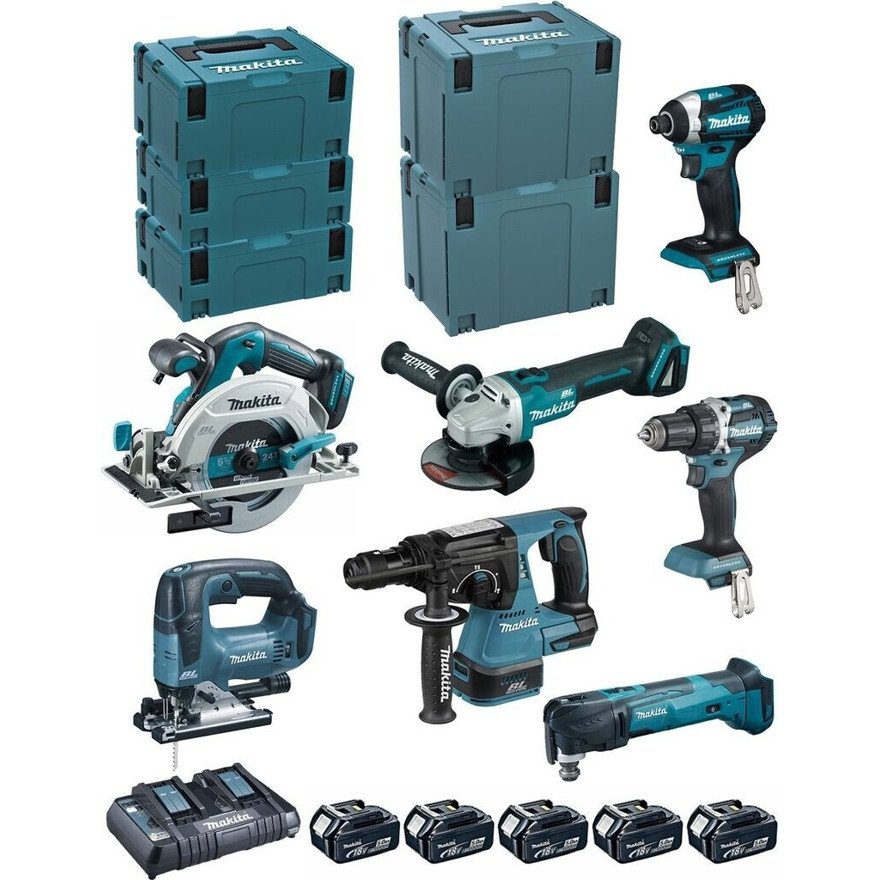5 Things That Everyone Is Misinformed About On The Subject Of Router In A Case
The Importance of Routers in a Case: A Comprehensive Guide
In today's digitally connected world, routers function as the foundation of home and office networks. However, routers are not simply practical devices; they likewise come with numerous functions that affect performance, sturdiness, and efficiency. One such feature is the enclosed case or chassis, which is important for safeguarding the router's hardware and guaranteeing optimum performance. This post explores the significance of a “Router in a Case,” detailing its advantages, elements, and why it matters in the world of networking.
Understanding Routers and Their Purpose
A router is a networking device that forwards data packages between computer system networks. It enables interaction between different devices, such as laptops, smart devices, and printers, enabling them to share a web connection efficiently.
Secret Functions of Routers:
- Data Packet Routing: Directs internet traffic smartly so that data reaches the right device.
- Network Address Translation (NAT): A function that permits multiple devices to share a single IP address.
- Firewall Protection: Often incorporated into routers, this function safeguards the network from unapproved access.
- Wireless Access Point (WAP): Most modern-day routers also operate as cordless gain access to points, offering Wi-Fi connectivity.
Why Is the Case Important?
The case of a router plays a substantial function in:
- Heat Dissipation: Routers create heat while operating. A properly designed case permits for optimal airflow and helps in effective heat dissipation.
- Durability: A strong case secures internal elements from physical damage, dust, and wetness.
- Visual Appeal: An aesthetically appealing style can boost the look of your work space or home.
- Port Accessibility: Good cases often have tactical openings for easy access to ports and buttons.
Types of Router Cases
Let's examine the variations in router cases, concentrating on product and design.
Type
Product Used
Advantages
Disadvantages
Plastic Cases
High-density polyethylene
Lightweight, cost-effective, helpful for heat insulation
Less long lasting than metal; might warp over time
Metal Cases
Aluminum or steel
Extremely long lasting, outstanding heat dissipation
Heavier, more expensive
Custom-made Cases
Varied (3D printed or customized)
Tailored to the specific requirements and style choices
Generally more costly and may take time
Advantages of Using Router Cases
1. Boosted Performance
Appropriately designed cases allow routers to operate effectively. When heat is successfully handled, the router can preserve optimal efficiency without throttling speed.
2. Relationship with Signal Strength
Remarkably, the case product can affect signal strength. Metal cases may obstruct certain signals, which can cause dead zones in Wi-Fi protection. Comprehending this relationship assists users make notified decisions when choosing a router.
3. Visual Consideration
In the age of streamlined technology, lots of customers value a router's style as much as its performance. Flachdübelfräse Test 2024 can improve organization, especially when provided a modern or complementary visual.
4. Stability and Security
A robust case guarantees stability, preventing the router from being easily overturned or harmed, specifically in homes with family pets or kids. Some cases even include lock functions for guaranteed network environments.
Crucial Features to Look for in a Router Case
When thinking about a router in a case, certain functions should not be overlooked:
Ventilation: Look for cases with sufficient ventilation holes or mesh panels that allow heat to escape.
Port Access: Ensure all essential ports (USB, Ethernet) are easily accessible.
Installing Options: Some cases offer installing abilities for wall setups, which can save area and streamline cable television management.
Modularity: A modular design can enable for upgrades or modifications to the router without needing to buy an entire brand-new case.
Frequently asked questions
1. Do all routers come with cases?
Not all routers come with designated cases, particularly entry-level models. However, lots of higher-end or business routers may consist of a protective chassis.
2. Can I utilize any case for my router?
No, it's important to choose a case that works with the particular model of your router to make sure correct fit and performance.
3. How can I improve the heat dissipation of my router?
Think about using a case developed for ideal air flow, or use additional cooling solutions like external fans if you observe efficiency concerns due to overheating.
4. Will a metal case always be much better?
Not necessarily. While metal cases provide resilience and heat dissipation, they can also block Wi-Fi signals. It's vital to weigh the benefits and drawbacks based upon private networking needs and environments.
5. Is it worth buying a custom case for my router?
This depends on your specific requirements. Custom cases can supply distinct functionality and style suited to specific preferences, however they might be more expensive than basic options.
Understanding the role and importance of a router in a case provides invaluable insights for enhancing your home or workplace network. With the best case, a router can perform efficiently, stay cool, and mix visually into its environment. Whether one picks a basic case or go with a personalized variation, being notified about the advantages and functions can contribute significantly to a more trusted and elegant web experience.
To ensure maximum performance from an indispensable tool, always keep in mind that a well-protected router is also a well-functioning router.
